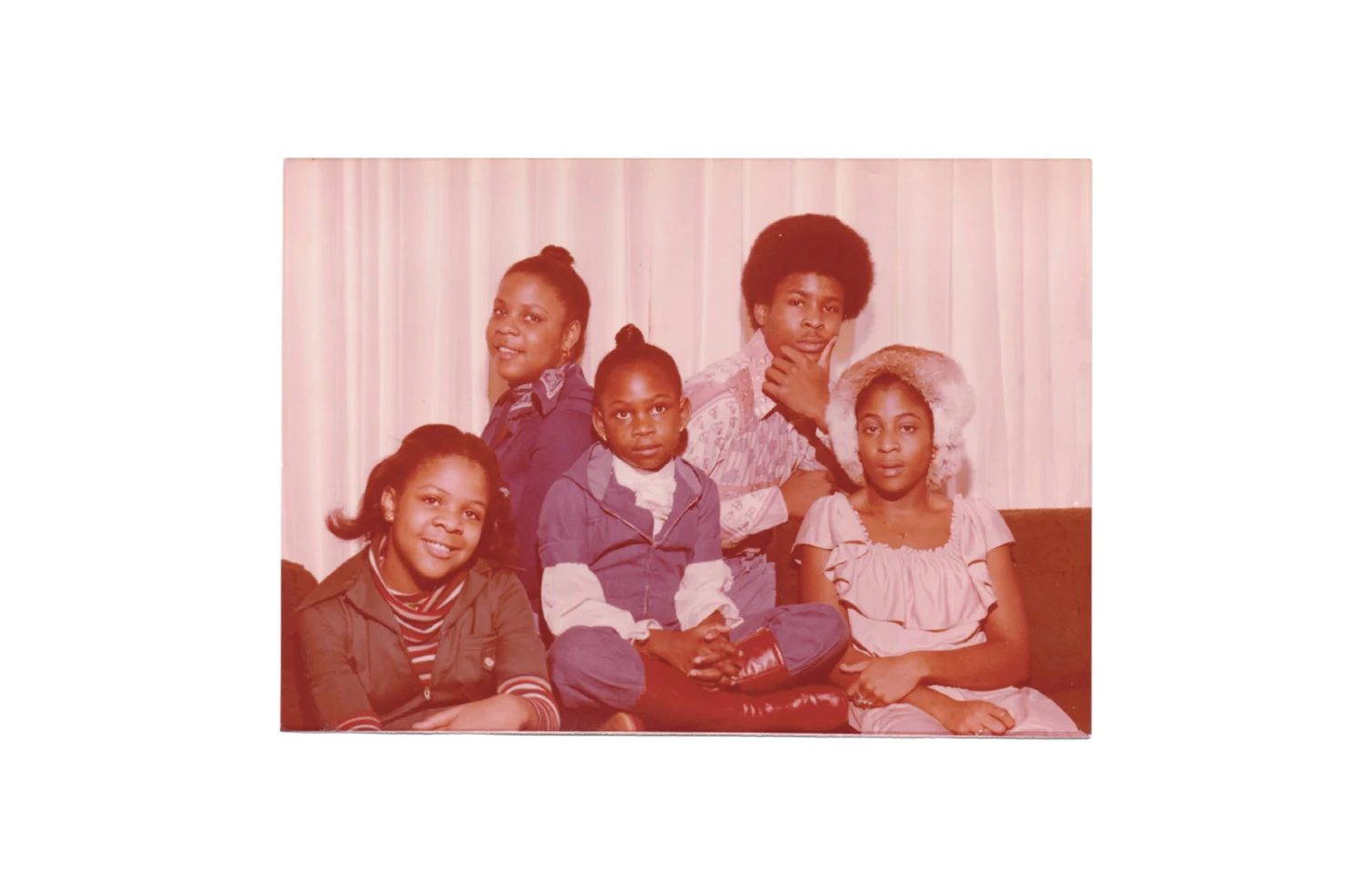the message
A child is born with no state of mind
Blind to the ways of mankind
God is smilin' on you but he's frownin' too
Because only God knows what you'll go through
You'll grow in the ghetto livin' second-rate
And your eyes will sing a song called deep hate
The places you play and where you stay
Looks like one great big alleyway
You'll admire all the number-book takers
Thugs, pimps and pushers and the big money-makers
Drivin' big cars, spendin' twenties and tens
And you'll wanna grow up to be just like them, huh
Smugglers, scramblers, burglars, gamblers
Pickpocket peddlers, even panhandlers
You say I'm cool, huh, I'm no fool
But then you wind up droppin' outta high school
Now you're unemployed, all non-void
Walkin' round like you're Pretty Boy Floyd
Turned stick-up kid, but look what you done did
Got sent up for a eight-year bid
Now your manhood is took and you're a Maytag
Spend the next two years as a undercover fag
Bein' used and abused to serve like hell
Til one day, you was found hung dead in the cell
It was plain to see that your life was lost
You was cold and your body swung back and forth
But now your eyes sing the sad, sad song
Of how you lived so fast and died so young so
Don't push me 'cause I'm close to the edge
I'm trying not to lose my head
It's like a jungle sometimes
It makes me wonder how I keep from goin' under
It's like a jungle sometimes
It makes me wonder how I keep from goin' under
The Message, Grandmaster Flash and the Furious Five/Songwriters: Clifton Nathaniel Chase / Edward G. Fletcher (Duke Bootee) / Melvin Glover / Sylvia (usa) Robinson
A STORY
When I grow really tired of the world, I go into my closet and shut the door. I lay on the floor as still as death and hope to live again. For a while, I pretend the darkness all around me is carrying me. I start to feel for proof of my existence. Into the empty funnel of heaviness, my breathing asks, “Am I?” And the darkness answers, “You are here.” We go on this way for a small part of eternity. The darkness knows I will have to return to the light, and blesses me, "Lord, may she remember this humble welcoming of all that is wild and fallow inside her."
Sometimes we choose to go into the darkness. Most times we don’t, and the darkness comes anyway. Like a beast left lurching in the shadows, it pounces and greedily swallows it’s prey whole.
In the mid-late 60s, our country was bathed in the light of hope. The Civil Rights Act of 1964 abolished the darkness of legally-enforced segregation. The nation was vibrating from the thumping bass of our collective footsteps as we marched onward and upward, shaking the pavement as the light was breaking through. We had finally lynched Jim Crow. Throughout the country, the voices of Dr. King, Malcolm X, and Bobby Kennedy echoed in our ears. Their faces radiated in the frenzied, electric light of our TV screens. For the first time, black people heard that freedom meant even more than "40 acres and a mule." We finally understood that it meant we'd get our fair share of light. And then, the sudden darkness: Malcolm was shot dead; Watts went up in flames and spread as far as Detroit; they killed Martin; and before we could catch our breaths, they took Bobby too. With one last fell swoop, the Grim Reaper’s cloak covered all African-American neighborhoods. But he buried his scythe right into the heart of the Bronx by way of the Cross Bronx Expressway.
The Cross Bronx Expressway is a sort of parting of the Red Sea—but with Pharaoh as the prophet and hero. An urban planner named Robert Moses had a plan to lead New York to the Promised Land. But, unlike the Moses of the Bible, when Robert Moses raised his staff, he parted the Bronx borough and led working middle to upper-middle-class whites, mom & pop businesses, health care facilities, business franchises, city parks and playgrounds to dry land that stretched from the North Bronx to Manhattan. He left all the others: poor whites, Blacks, Latinos, and immigrants were swallowed and left to drown in the South Bronx. Like the Israelites, we had been freed and led into the wilderness. But, unlike the Israelites, we’d been left there without a shepherd.
If the building of Cross Bronx Highway was a retelling of the Bible's creation story, then when God says "Let there be light!", He would have stopped right there, completing His task of separating the light from the darkness in order to steal more light for the heavens.
For years, there was no voice of hope amongst the rubble and barren land. For years, there was only chaos swirling in the darkness... until one hot summer night, August 11, 1973. At a back-to-school party, Clive Campbell—aka DJ Herc—put a record on each of his two turntables and spun. The bass from the speakers and the vibrations from our collective footsteps shook the pavement with breakdancing, beat boxing, emceeing, sampling, scratching, and mixing. Suddenly, there was light pushing through the cracks like shattered daylight.
CONTEMPLATION
Both Civil Rights Activists John Lewis and Dr. Maya Angelou shared what it was like to hear the news of Dr. Martin Luther King’s death on Oprah’s Master Class:
ANGELOU: “My sister friend, Dolly McPherson, telephoned me. She said, ‘Sister, are you watching television?’ I said, “No.” I was cooking for my party. She asked, “Well, did you listen to the radio?” I said, ‘No’. She said, “Don’t answer the telephone. Please. I’m on my way.’ I said, ‘What on earth be so bad?’ She came and rang the bell and I opened the door and she said, ‘Sister, Martin Luther King is dead.’ I fell—fell into a depression I’d never known before. What on earth has happened to my country.”
LEWIS: “It was a sad and dark hour. I didn’t know what was happening to this country, really. And for me, I felt like something had died in America. And, I think something died in all of us.”
1. When was the last time that you received sad and dark news that made you ask yourself, “What on earth has happened to my country?”
Robert Moses once said, “Those who can, build. Those who can’t, criticize.” The legacy of the infamous city planner has been controversial to say the least. In a PBS article, he is credited with building “13 bridges, 416 miles of parkways, 658 playgrounds, and 150,000 housing units.” But does the end justify the means? In his Pulitzer-Prize book about Moses, author Robert Caro writes, “To build his highways, Moses threw out of their homes 250,000 persons—more people than lived in Albany or Chattanooga, or in Spokane, Tacoma, Duluth, Akron, Baton Rush, Mobile, Nashville or Sacramento. He tore out the hearts of neighborhoods.”
2. Go back to that sad and dark hour when you felt your country was on the brink of utter destruction. Now imagine receiving the news that on top of the country gone to hell, you were being kicked out of your neighborhood. Or suddenly, bulldozers and wrecking balls arrived and started taking out all that was familiar in your neighborhood. How do you think young neighbors in their teens to mid-twenties would respond?
MORE
Gangs of New York: Scenes from the Birth of Hip-Hop by Mike “DJ” Pizzo, medium.com
How Bad Urban Planning Led to The Birth of A Billion-Dollar Genre by Alice Kemp-Habib, fader.com
Greening the Ghetto by Majora Carter, TED2006
How to Revive a Neighborhood: With Imagination, Beauty and Art by Theaster Gates, TED2015
Rubble Kings, Documentary 2010, Directed and Written by Shan Nicolson
The Legacy of Robert Moses by Sydney Sarachan, NPR: Need to Know










